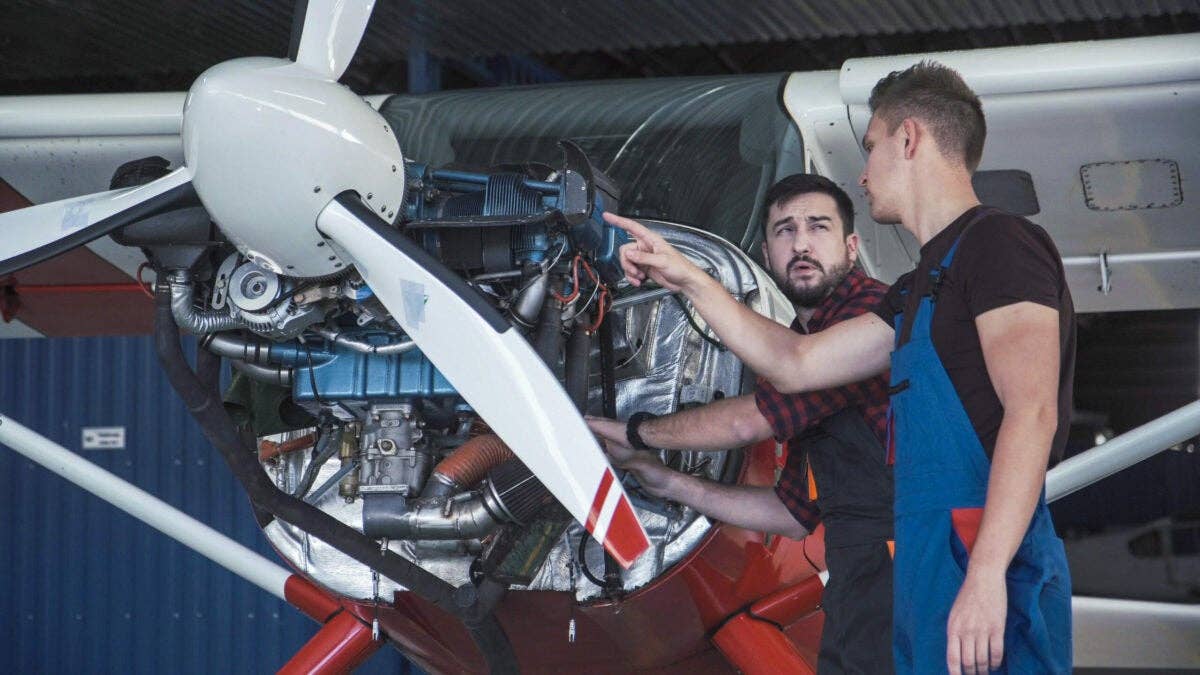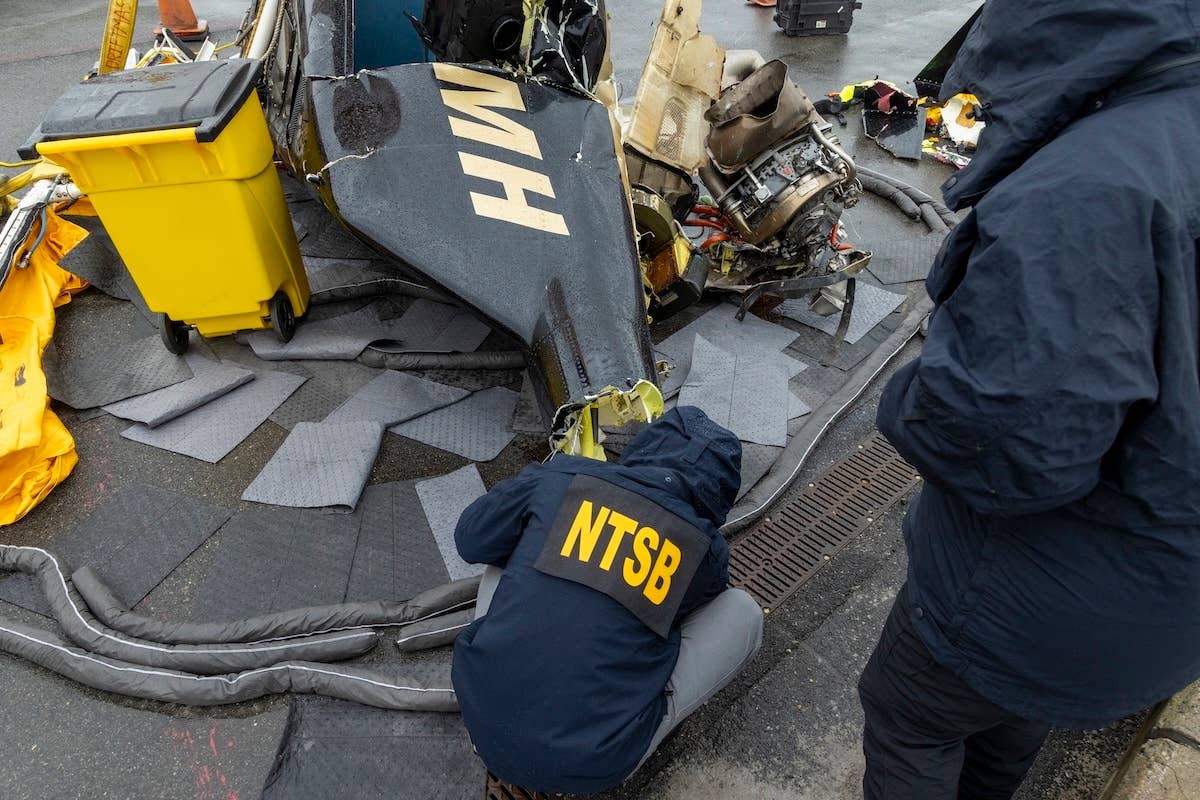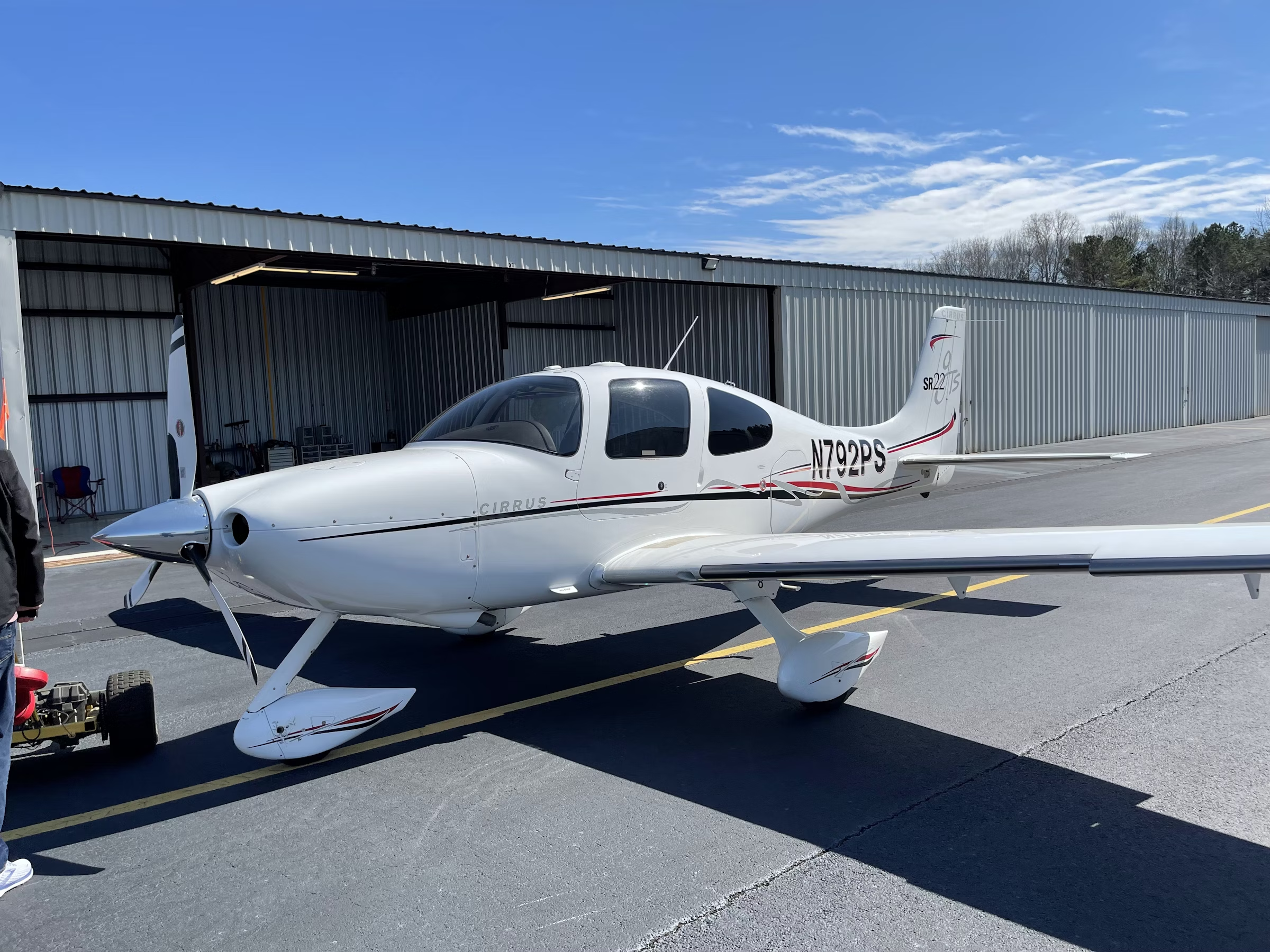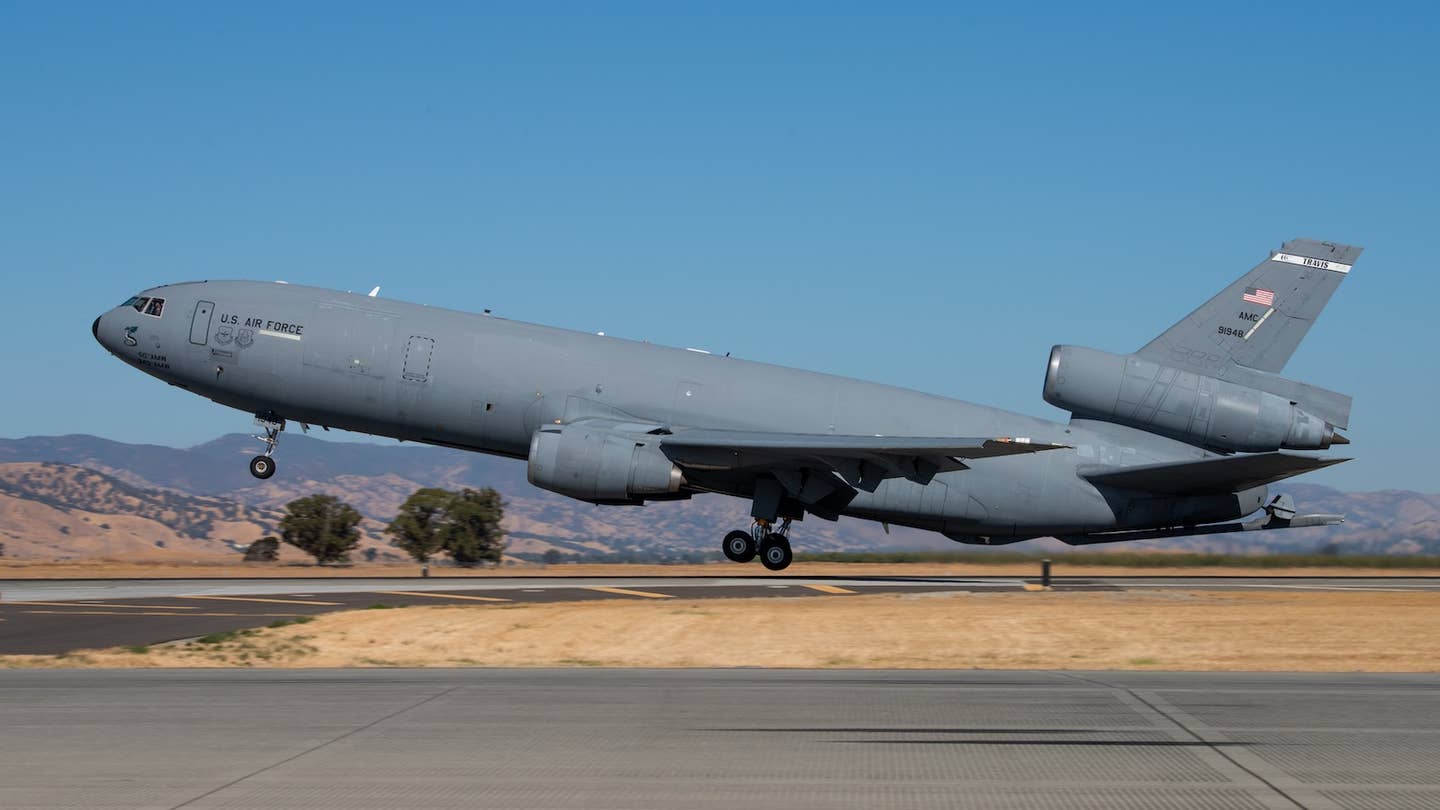Quoting MRO Work
Here’s an insider’s look at what goes into an aircraft maintenance quote.

When an aircraft goes down for an extended period of time, it often makes sense to maximize the maintenance and knock out multiple upgrades at one time. [Credit: Shutterstock]
There comes a time in every aircraft owner's life when they have to come to terms with aircraft maintenance.
When this occurs, owners are hit with a double whammy: They cannot fly their airplanes, and the work will cost them money. Now, some might come away from the down time with a shiny new Garmin gadget or a candy pearl, glossy paint job. And those lucky enough to accomplish engine maintenance may feel a little bump in the throttle, but it is a small consolation prize.
Prepping for Aircraft Maintenance
How do you plan for maintenance?
Last year we followed a local owner-operator as he maintained his 1966 Cessna 172 Skyhawk, detailing how cost, time, and scope factored into his maintenance planning.
Under the scope, consider the point complexity. If someone is putting their plane down for an extended period of time, wouldn't it make sense to maximize the maintenance and knock out multiple upgrades at one time? For example, if the engine is going out for overhaul, should one also do the propeller?
Downtime is downtime. Why not combine evolutions? Cost factors into that, but with mandated limits set forth by the original equipment manufacturer (OEMs), it could make sense to just comply now rather than later. Time remains constant, and scope and cost increase, but that saves time later down the line.
There is a common misconception that negotiating an aircraft maintenance evolution is like an episode of Pawn Stars. It is not, or it is not supposed to be.
Initial Quote
Years ago, I won a sudden-stoppage inspection bid because I was more than $3,000 higher than every other bidder.
When I took the call and gathered the information, I inquired about the serial number of the engine. When the caller recited the number, I learned it ended with an "E," indicating roller tappet bodies, which are mandatory for Lycoming after a prop strike. I was the only one who mentioned that and, therefore, kept the customer from an expensive surprise during the inspection.
JD Kuti of Pinnacle Aircraft Engines takes a similar approach when quoting engine overhauls.
"We front load the quote as much as possible," Kuti said. "I do not like to ask the customer for more money during a build, so we lay out the worst-case scenario during the initial discussion."
According to Kuti, some key points include:
- A new camshaft and tappet bodies on every engine overhaul.
- Full OEM factory new to start. Once the engine is in house the team will explore parts manufacturer approval (PMA), designated engineering representative (DER), and used serviceable material (USM) options, and pass those savings along to the client.
- Supply chain constraints. Right now, manufacturing is struggling to keep up with surging demand. Have you seen the lead time for the factory-new cylinders?
A tougher conversation on the front end makes for smoother sailing later.
Closing the Deal
Once the parts arrive at the MRO, the fun is just beginning. It is inspection time.
To Kevin Allen of Aircraft Accessories International (AAI), this is the best part of repair quoting.
"At AAI we like to be upfront and transparent with the customer," Allen said. "I will break down the different practices and try my best to educate the customer."
According to AAI, the process of quoting landing gear overhaul work falls into one of two categories, standard work and above and beyond.
Standard Rate
For landing gear, AAI quotes standard rate inspection that includes all the necessary labor and parts to disassemble, clean, inspect, reassemble, and test.
Once the landing gear is inspected, there may be items that are considered "above and beyond" standard overhaul.
'Above and Beyond'
Items that may be considered "above and beyond" standard overhaul include:
- Corroded parts such as piston tubes and trunnions;
- Bent, broken, or missing parts;
- Parts that require replacement due to airworthiness directives or service bulletins.
AAI's price breakdown, according to the company, provides customers "price-saving options of being able to choose between DER repairs, PMA, or OEM parts."
Keeping Everything Straight
Aircraft maintenance software company EBIS assists MROs in keeping their ducks in a row.
"Historically, we see MROs using some combination of spreadsheets, Word documents, and historical invoices to build a quote," said Chris Heine, senior manager of customer and partner experience at EBIS. "For years, it's been the fastest and simplest way they knew how to build a high-level quote and get it to the customer ASAP. You're going to send out a quote that isn't very accurate for the sake of speed. That doesn't always lead to a great customer experience down the road."
There is a better way, Heine said.
"MRO software and automation can help centralize data, run complex calculations in real time and quickly generate pre-formatted quotes,” he said. “For example, one can leverage software to build quotes for recurring events [i.e. annual inspections] with all the labor hour estimates, parts markup calculations and customer-specific billing rates in about 30 seconds."
Jets MRO in Dallas shares the EBIS work order dashboards with its customers during the quote building process and throughout the entire maintenance event. Its lead technicians serve as both sales engineers and project managers, which allows them to inform customers about project status, actuals versus estimates, and any changes to the original quote.
The same automation that underpins streamlined quoting is also what solves most MRO challenges around generating invoices and collecting payments.

Sign-up for newsletters & special offers!
Get the latest FLYING stories & special offers delivered directly to your inbox






